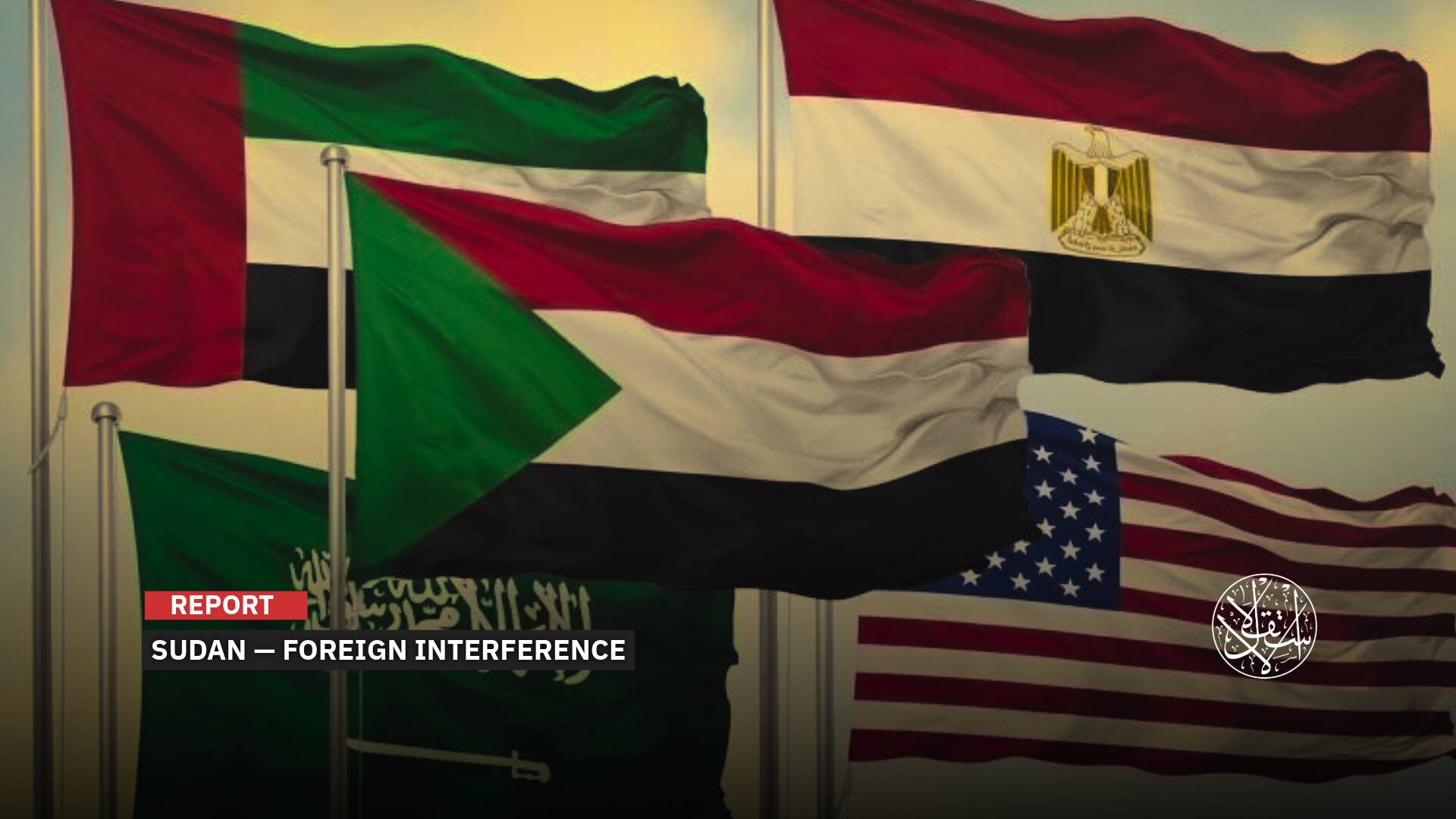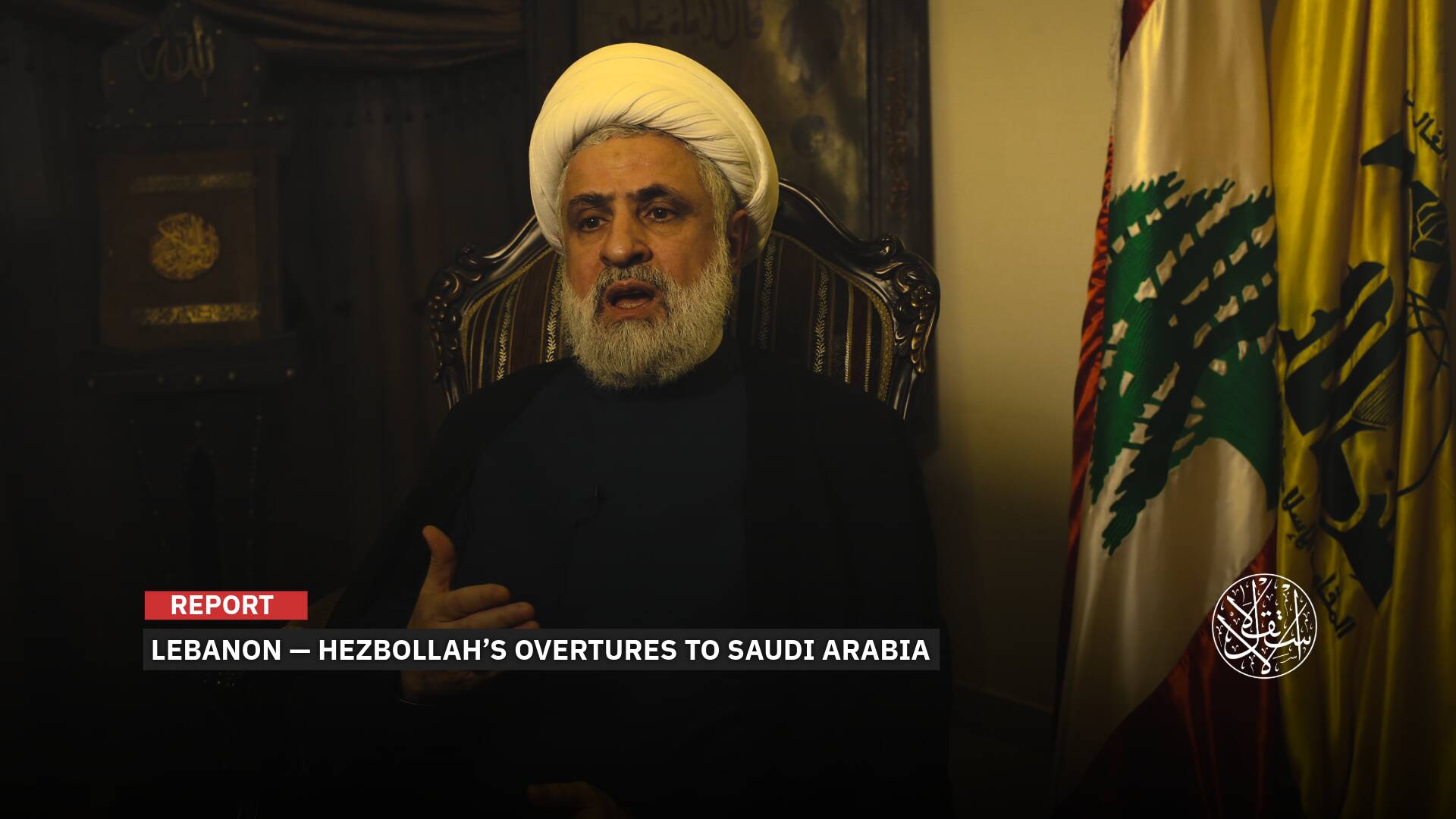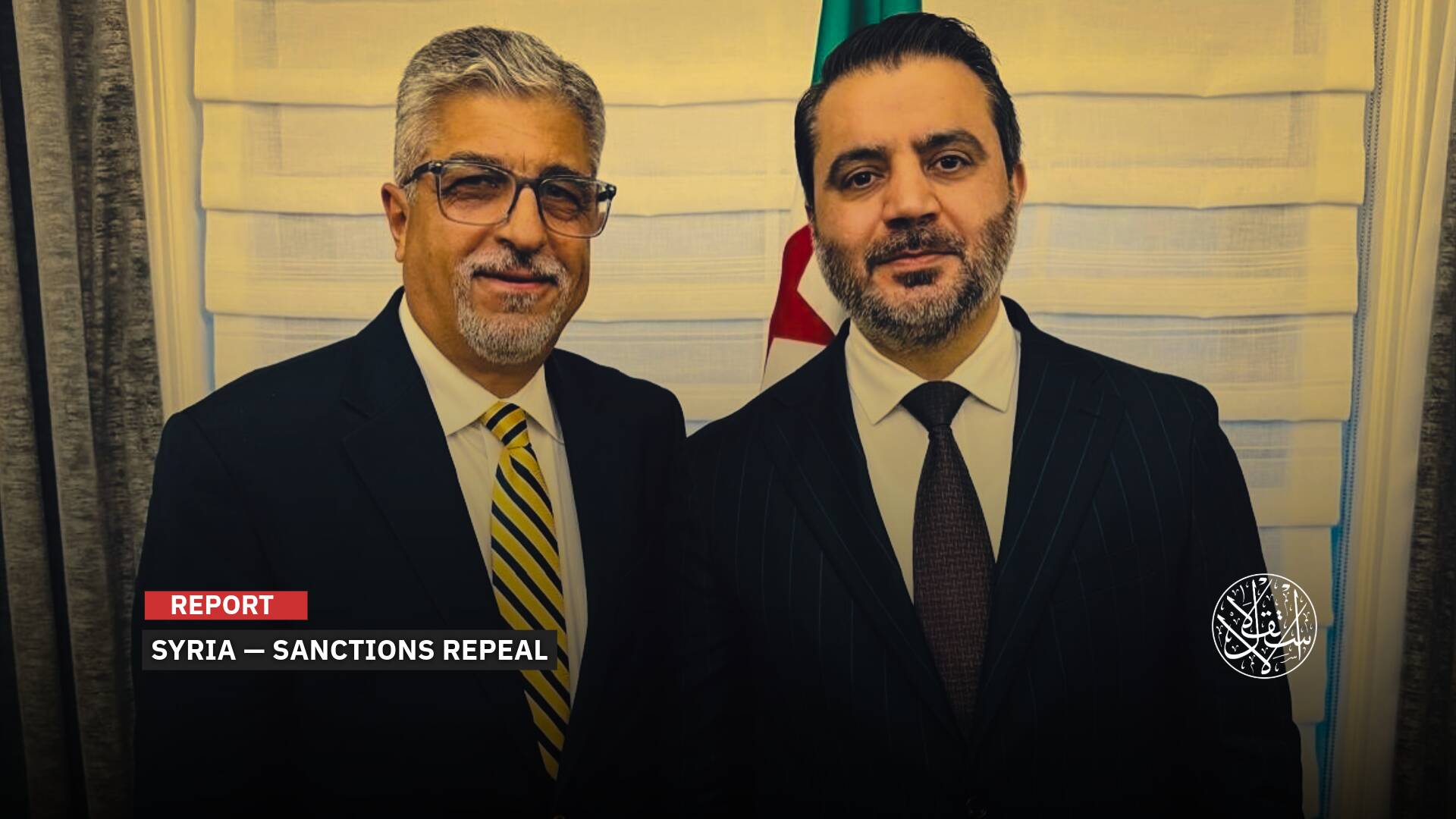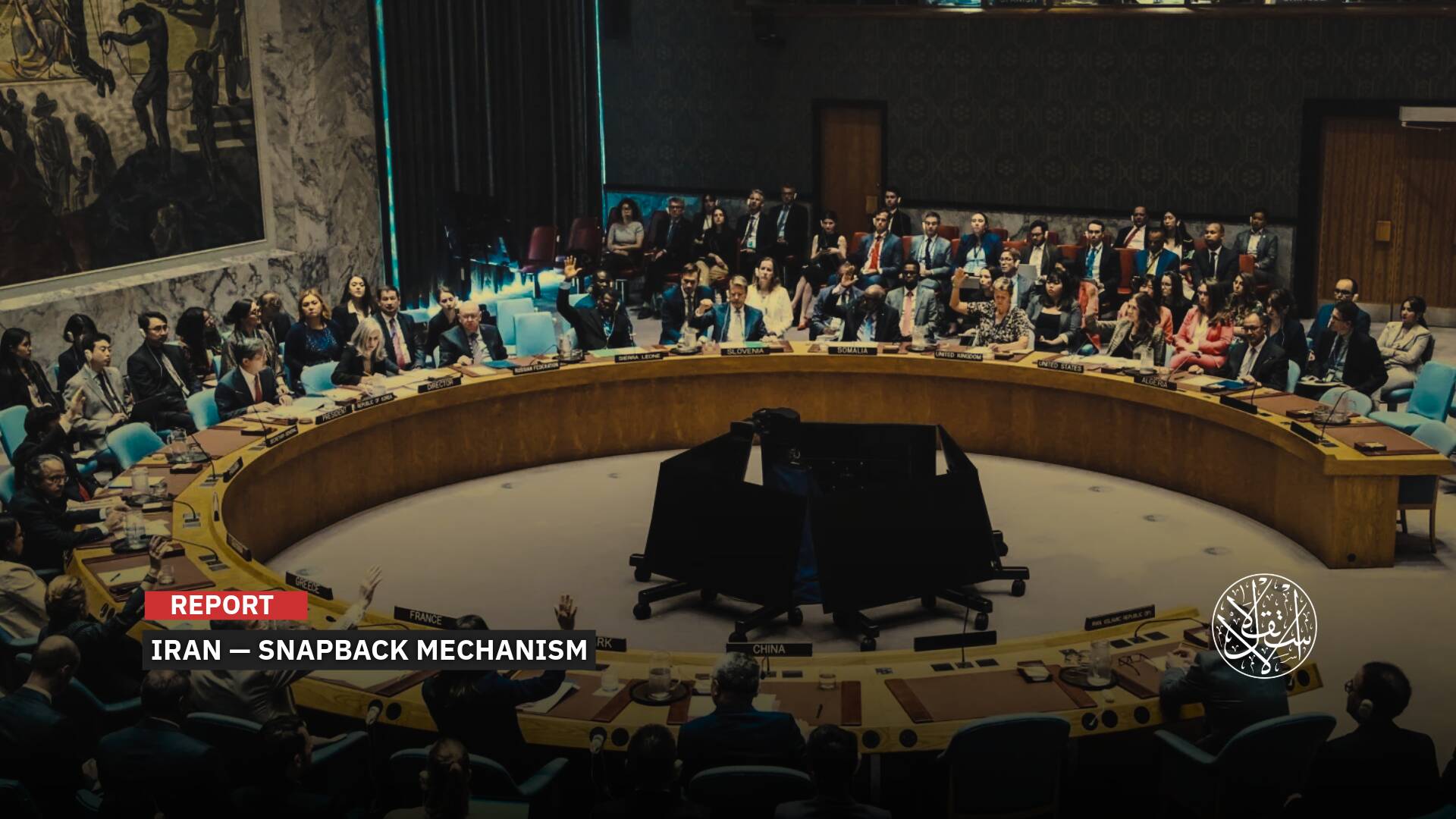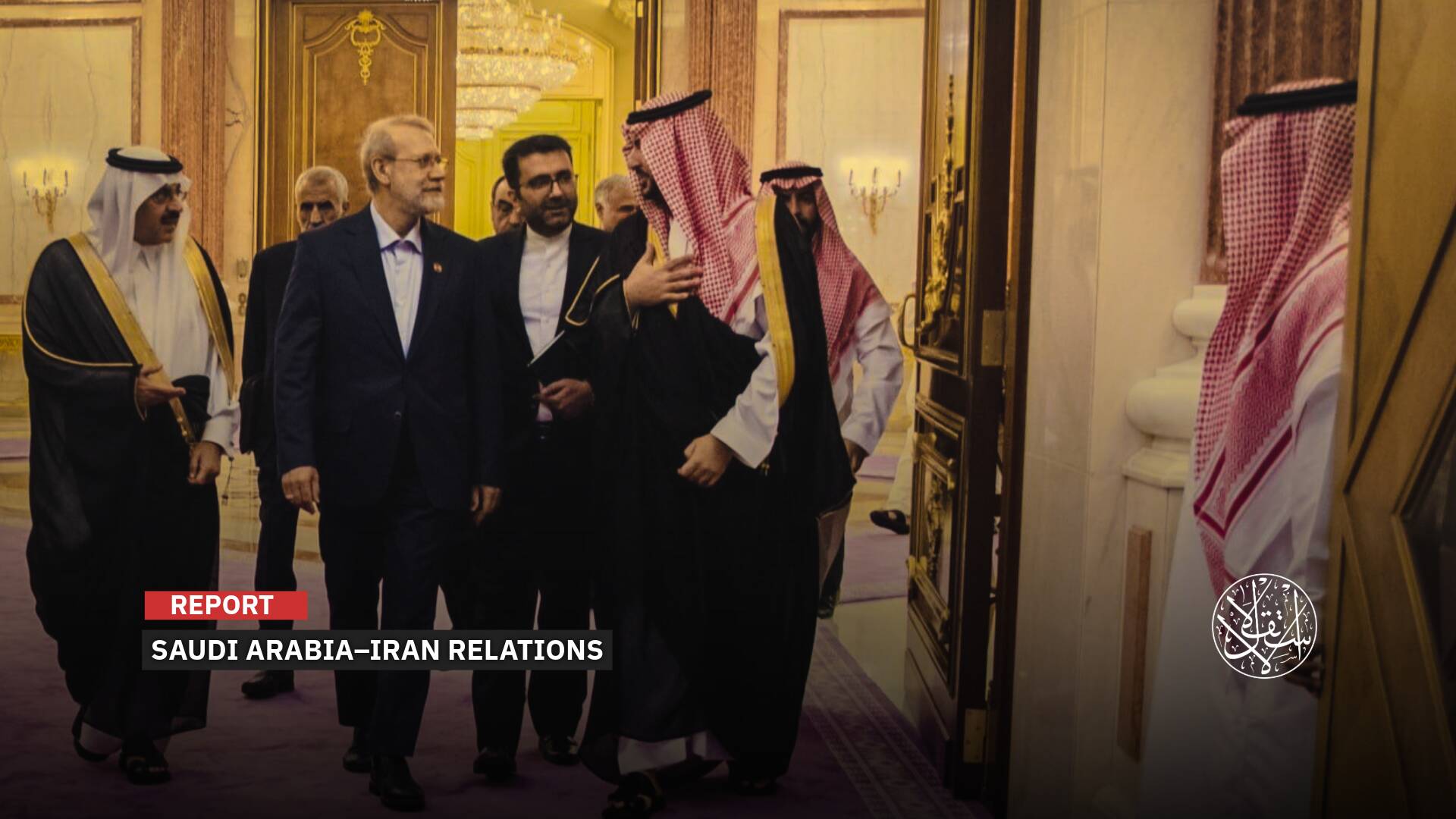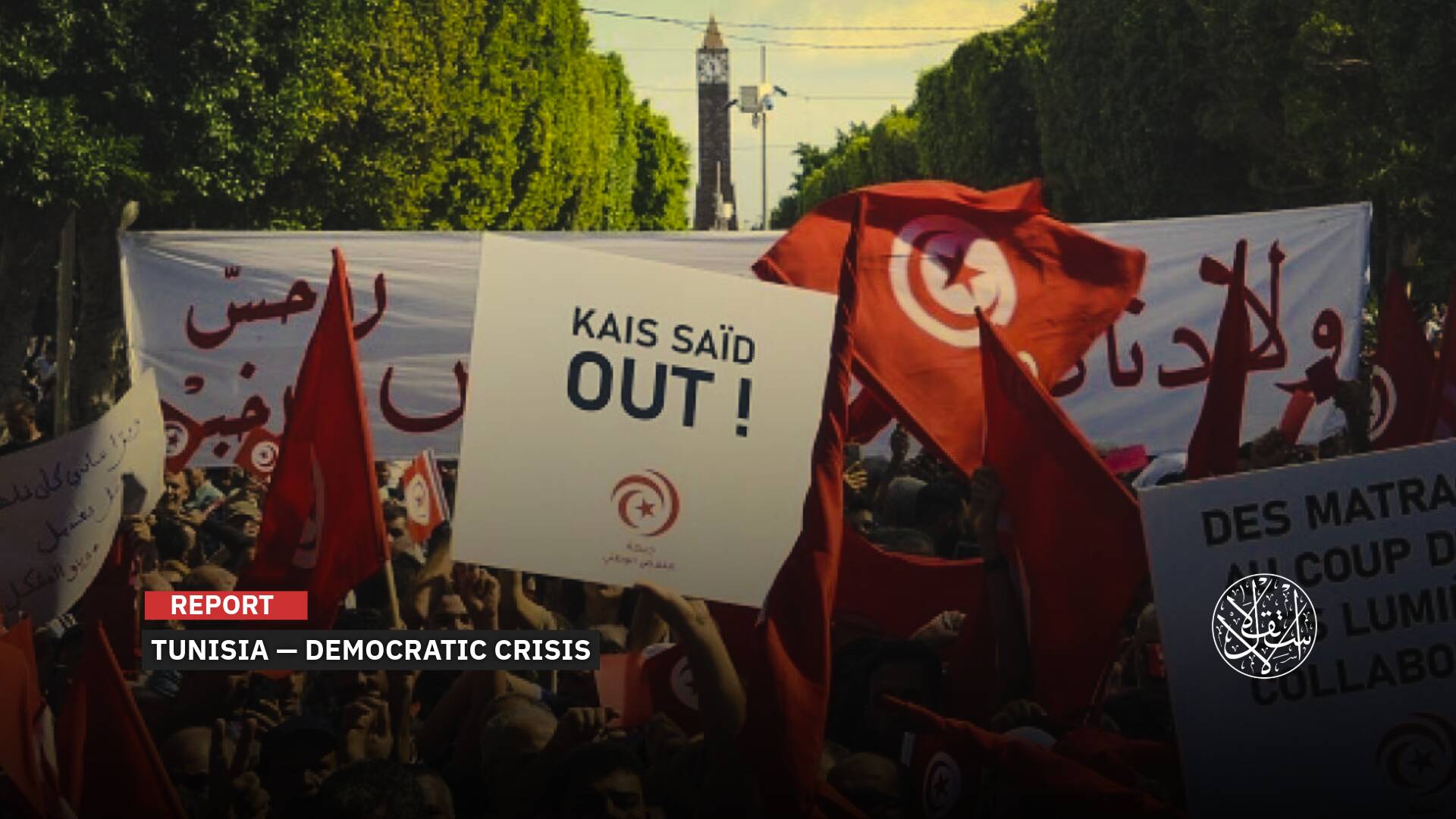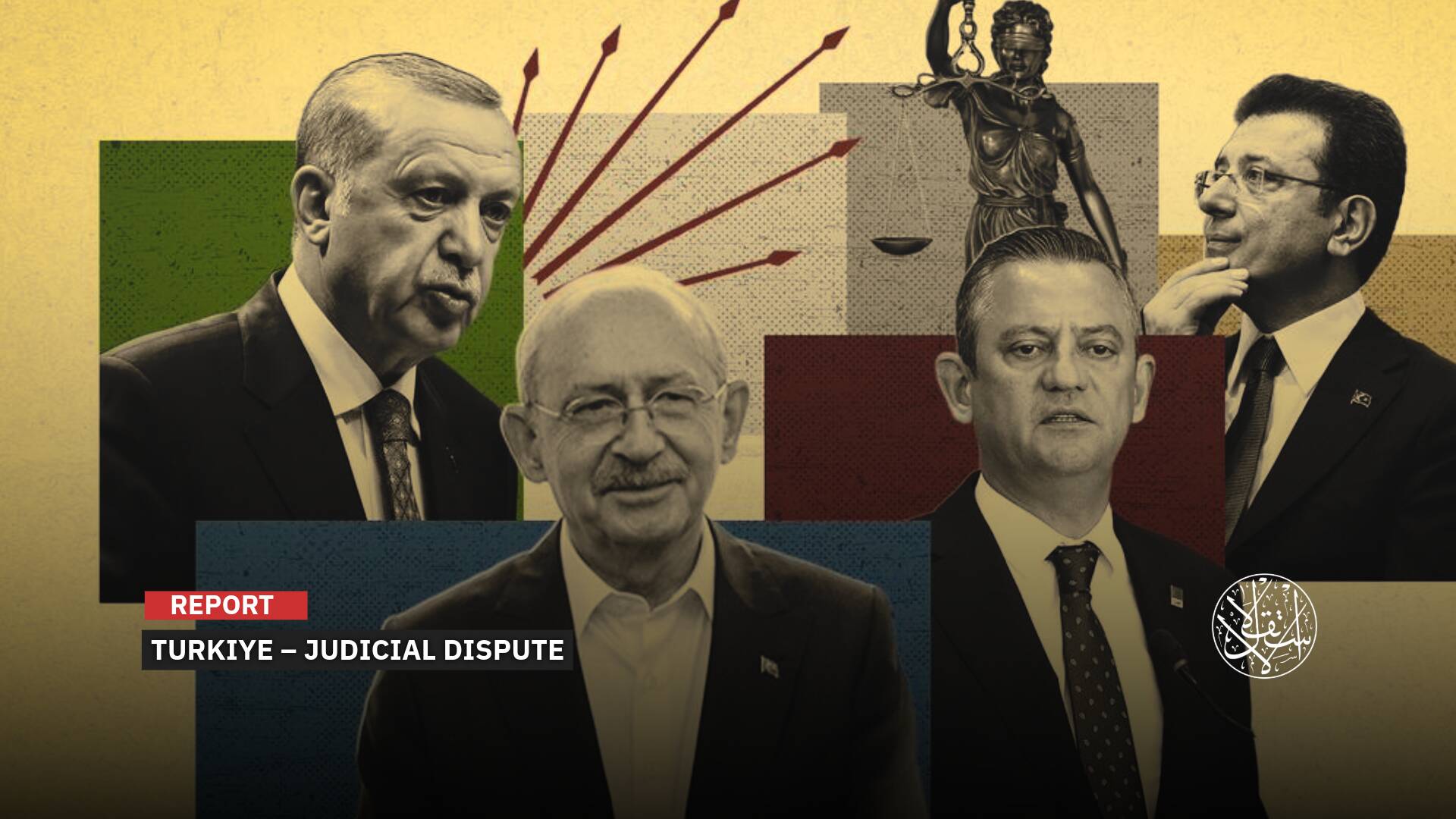Is Trump Formulating a New Plan to Continue Supporting Ukraine or End the War?

“US Defense Secretary Pete Hegseth said a return to Ukraine’s pre-2014 borders is unrealistic.”
US President Donald Trump’s recent efforts to end the war in Ukraine have raised concerns among Kiev’s allies and Washington alike. Trump’s peace plan includes major concessions to Moscow, including giving up territories seized by Russia and ruling out NATO membership for Ukraine.
Many analysts say that reaching any agreement will be up to Europe to implement and bear responsibility for Ukraine, at a time when Trump has made it clear that he insists on reducing the US commitment to the continent’s security.
Moscow recently rejected any exchange of occupied territories with Kiev as part of any peace agreement that may be reached, after the Ukrainian president had previously raised the idea.
It is noteworthy that Trump’s special envoy Keith Kellogg will visit Ukraine on February 20, where he is expected to present his plan to the Ukrainians to end the war.
Important Concessions
Politico magazine reported that the peace plan presented by US President Donald Trump was a surprise and left Ukraine’s allies in a state of shock, as it effectively ended US support for Ukraine in its resistance to the Russian invasion.
US Defense Secretary Pete Hegseth was the first to reveal the new US position, at a meeting on February 12 at NATO headquarters in Brussels.
Hegseth said “Volodymyr Zelensky had no chance of achieving his goal of expelling Russian forces from Crimea and the east of the country and returning Ukraine to its pre-2014 borders.”
He warned that Washington would back away from its commitments to European security, abandon the historic role it has played since the end of World War II, and set a clear vision in which European governments bear primary responsibility for their own defense, as well as that of Ukraine.
He described Trump as the best dealmaker who knows how to reach solutions that some have long considered impossible.
Shortly after these statements, Trump revealed that he had held two phone calls with his Russian and Ukrainian counterparts to discuss the issue of starting negotiations to end the war in Ukraine immediately, considering that it is unlikely that Ukraine will regain all of its territory.
Trump said on his Truth Social platform that he and Vladimir Putin agreed to stop the millions of deaths occurring in the war with Russia and Ukraine, and to work together closely, including exchanging visits between the two countries.
Diplomats said that Trump deliberately held a comprehensive round of negotiations with Putin that lasted 90 minutes and covered all the issues on the agenda of the two parties, while he spoke with Zelensky for 30 minutes after that in clear language emphasizing the need to end the war and accept making important concessions.
For his part, the Ukrainian President said, “We will not accept any negotiations on Ukraine without our presence.”
Regarding his phone call with Trump, Zelensky said that he discussed with his US counterpart the chances of reaching peace in Ukraine, and expressed his hope that Washington would be able to push Russia and Putin towards peace.
He stipulates that financial and military support for Ukraine will not be cut off, and that it will be given guarantees to prevent any Russian aggression against it in the future.
In return, the Kremlin announced that Ukraine will participate in peace negotiations to end the war in one way or another, but there will be a separate US -Russian path for the talks.
Kremlin spokesman Dmitry Peskov said that Presidents Trump and Putin agreed that a long-term settlement in Ukraine can be reached through negotiations.
He added that Russia has begun preparations to form a negotiating group on Ukraine, stressing that there is political will on both the Russian and US sides to find a settlement and end the war in Ukraine.
It is noteworthy that the American negotiating team includes Secretary of State Marco Rubio, CIA Director John Ratcliffe, National Security Advisor Michael Waltz, and Special Envoy to the Middle East Steve Witkoff.

Peace Talks
The divergent positions continued the day after Trump spoke about good prospects for ending the war in Ukraine, while NATO, the EU and Ukraine stressed their participation to ensure that the West does not lose in the negotiations.
CNN considered that although Trump called Zelensky after his conversation with Putin, the Republican president is already raising concerns that he will conclude a settlement according to Russia's conditions.
It said that the US-Russian contacts, along with the possible future summit with Putin in Saudi Arabia, which Trump said would be held soon, may be an indication that he is excluding not only Zelensky from the deal, but also Europe.
In a joint statement, France, Germany, Poland, Italy, Spain, Britain and Ukraine, as well as the EU and the European Commission, warned that Kiev and Europe must be part of any negotiations.
They also issued a warning to Trump, who appears to be seeking a peace deal at any cost, saying that a just and lasting peace in Ukraine is a prerequisite for strong transatlantic security.
NATO Secretary General Mark Rutte insisted that Ukraine must be closely involved in any peace talks, and that any final agreement must be sustainable.
The EU's foreign policy chief Kaya Kallas stressed that Europe will continue to support Ukraine, considering that if Ukraine decides to resist, Europe will put forward new initiatives to support it.
German Chancellor Olaf Scholz said he rejects an imposed peace on Ukraine, while his defense minister expressed regret over what he described as concessions Washington made to Moscow even before negotiations began.
Poland’s Foreign Minister Radosław Sikorski said Ukraine needed more military backing before opening talks with Putin.
European Council President Antonio Costa has also warned that peace in Ukraine is not just a ceasefire, adding that Russia should no longer pose a threat to Ukraine, Europe and international security.
Norwegian Foreign Minister Espen Barth Eide said that any solution to the war in Ukraine must be just and lasting, and guarantee its freedom to choose its course.
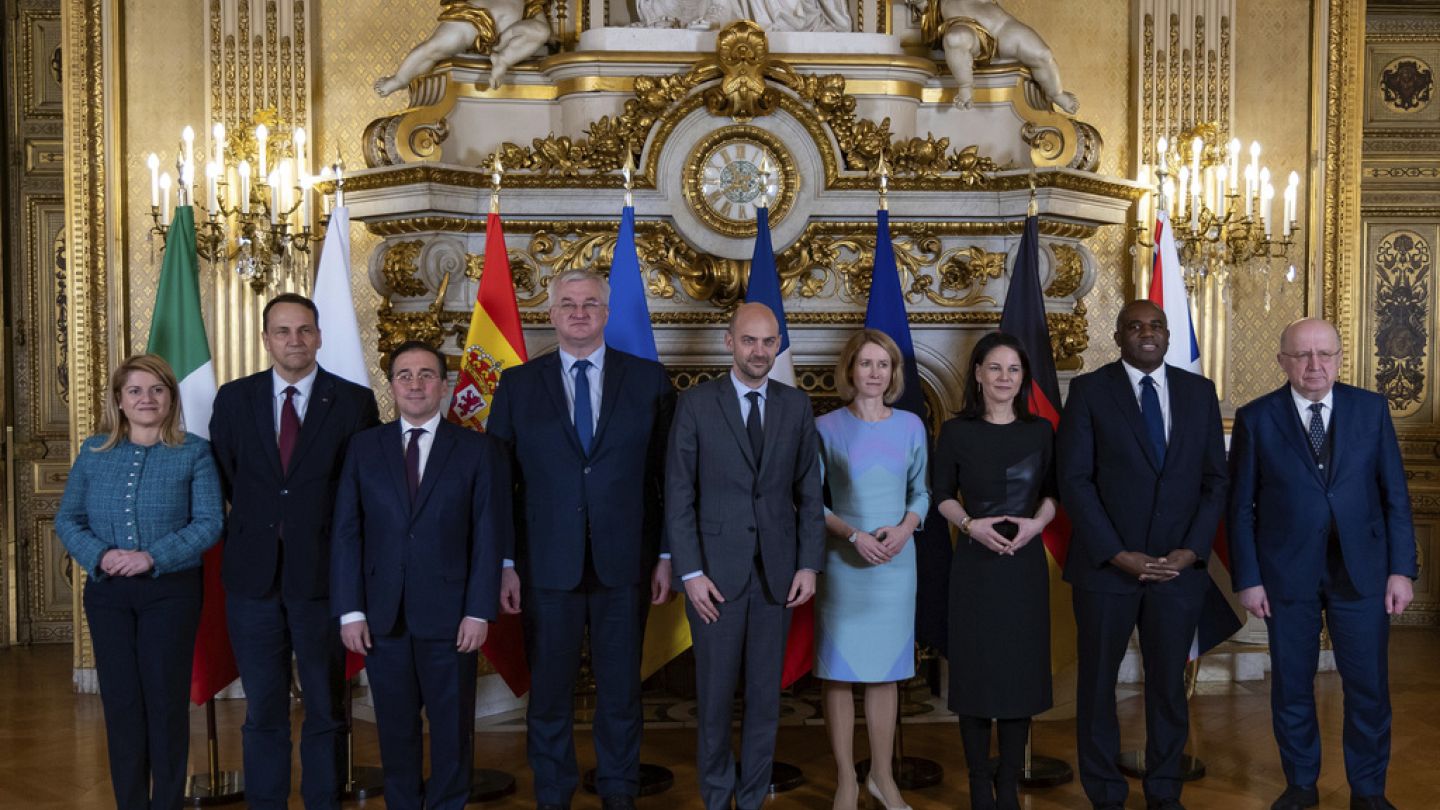
Military Support
In other news, direct and indirect discussions between the U.S. and its allies have accelerated over the past week in search of ways to justify continued US support for the Ukrainian war effort.
It became clear that the conditions for continued U.S. support in this war, as seen by Trump and his team, are based on several points, the most important of which are: pushing European allies to buy US weapons for the purpose of delivering them to Ukraine, and obtaining a share of rare earth Ukrainian minerals.
Fearing that talks to end the war in Ukraine with Russia would stumble, Trump recently began looking for new formulas to compensate for what he sees as US losses due to the great support provided by his predecessor Biden's administration to Ukraine.
In an interview with Fox News, Trump said: “They (Ukraine) may make a deal, they may not make a deal. They may be Russian someday, or they may not be Russian someday.”
He stressed that he also wanted to see a return on investment with US aid for Ukraine, again floating the idea of a trade for Kyiv’s rare earth minerals.
This hesitant and somewhat indifferent tone regarding the fate of the Ukraine war, which he pledged during his election campaign to end within 24 hours of taking office in the White House, is an indication of Trump’s efforts to seek understandings that are primarily beneficial to Washington.
This was evident in Trump’s renewed emphasis on his desire for the United States to obtain large quantities of Ukrainian rare earth minerals in exchange for the aid it provides to Ukraine in its war with Russia.
Trump revealed that he had asked Zelensky for about $500 billion worth of rare earth minerals, which are used in particular in the manufacture of advanced electronics, and Trump added that the Ukrainians had agreed to this.
Ukraine has huge reserves of coal and rare earth minerals, such as lithium and titanium, in addition to oil, gas, and uranium, many of which are now located in territories under Russian control.
Zelensky had responded to Trump’s statements, saying: “Ukraine is ready to receive investments from US companies in the field of rare earths.”
But Ukraine has asked the U.S. for a set of security guarantees, insisting that it will not be excluded from any negotiations with Russia over the fate of the war.

On the other hand, the Trump administration is planning to push its European allies to buy more US weapons for Ukraine ahead of potential peace talks with Moscow, a move that could improve Kiev’s position in the negotiations.
It is one of several ideas the Trump administration is discussing to keep US weapons flowing to Kiev without wasting significant American capital.
Trump had pledged during his presidential campaign to cut off all aid to Ukraine. But some of his advisers behind the scenes have argued that Washington should continue to support Kiev militarily, especially if peace talks are delayed until later this year.
In turn, analyst Colonel Omar Melhem explained in a statement to Al-Estiklal that “Trump wants to end the war between Ukraine and Russia at any cost, as his motive in doing so is his keenness to present himself as a peacemaker, and thus take an additional step towards achieving his dream of obtaining the Nobel Peace Prize, similar to his Democratic predecessor Barack Obama.”
“But there are Ukrainian concerns about the possibility that the war will be frozen only by stopping the fighting without any Russian withdrawal, so that this would be more like a period of rest for both sides, but it would be more in the Russians' favor,” he said.
Sources
- After Putin call, Trump says negotiations to end Ukraine war will start ‘immediately’
- Trump’s plan for Ukraine a great deal — ‘for the Kremlin,’ Kyiv’s backers say
- Donald Trump wants Ukrainian rare earths deal in return for US military support
- No lasting peace in Ukraine without European role in talks, leaders say after Trump-Putin call
- Ukraine Envoy to Present Trump Peace Options In Coming Weeks



